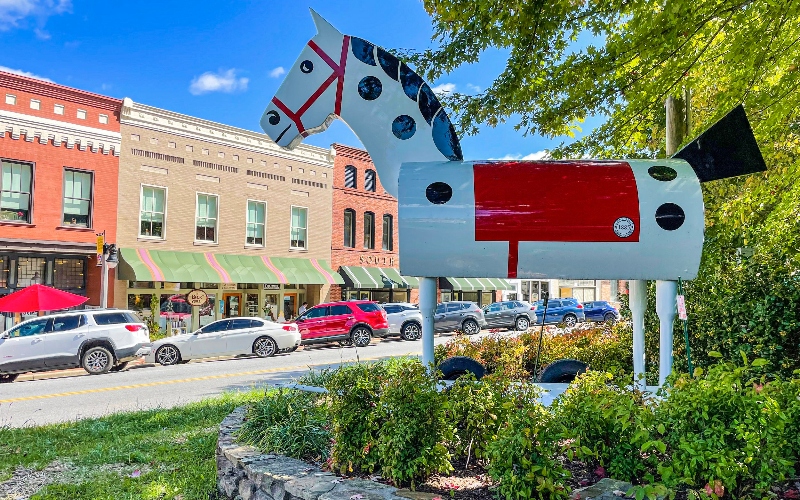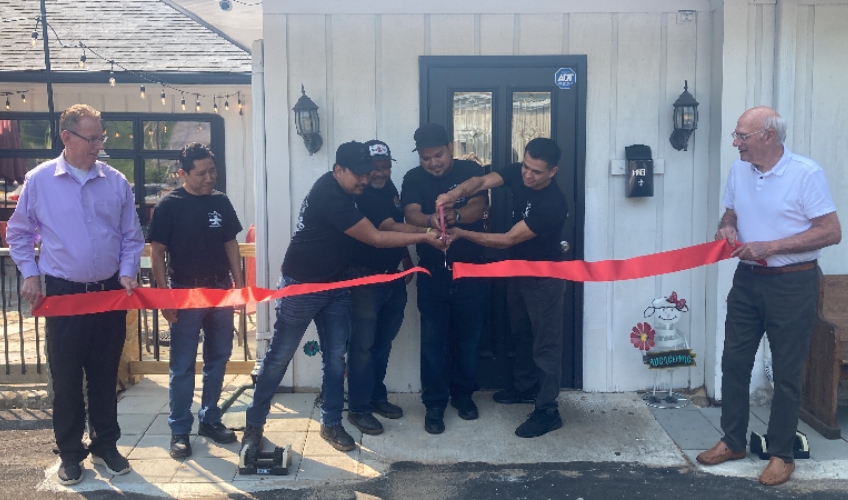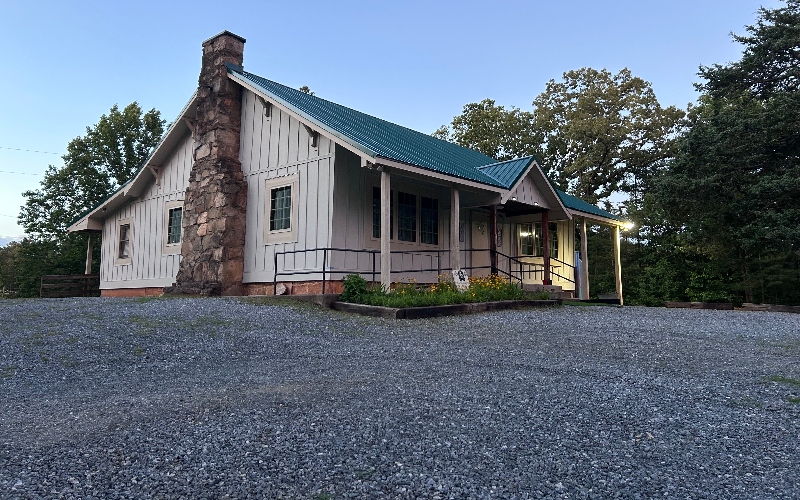My life changed in the blink of an eye
Published 10:53 am Tuesday, April 12, 2011
As you probably are aware, I am an avid bicyclist, and am always talking about health issues as they relate to other seniors. Three weeks ago that all changed.
It was a Tuesday morning, and I was out for my usual 50-mile bicycle ride with the small group of other senior friends with whom I’ve been riding for almost 16 years. We were just turning into the parking lot where we stop to get coffee and take a break before beginning our return trip home.
I’ve done that ride hundreds of times, but on this morning there was sand on the street where I made my turn.
Doing only 10 miles an hour, I turned, hit the sand and within seconds was down on the ground, unconscious.
Fortunately, we all wear helmets, or I would have been killed. I came to as I was being loaded into the back of an ambulance to be taken to the hospital near my home. Good news for you cyclists out there – the bike was fine!
At the emergency room I received an MRI for any head trauma, and an X-ray of my left side. While there was no indication of any trauma to the head, I had suffered a badly broken hip – to be precise, multiple fractures of the acetabulum or hip socket, not the femur or leg bone.
This is when and where I began learning about the health care system in south Florida.
It turned out there was no surgeon on staff trained to deal with this particular type of injury. After about two hours of waiting, I was picked up by a second ambulance and taken to a Level I Trauma Center expecting to go directly into surgery. I arrived at the hospital and was placed in a hallway, where without water, food or pain pills I began my several hour wait.
The first problem that arose was that the MRI and X-rays taken at the first hospital somehow didn’t make it to the trauma hospital, so I had to go through a second set of X-rays. Another few hours passed, still with no water, food or pain medications, in expectation of going into surgery.
Finally a young lady who identified herself as the physician’s assistant to the trauma surgeon showed up to tell me that Dr. Green, who was the top surgeon in the area for my type of hip fracture, was out of town for the week. She then asked if I’d like to lie in the hospital for a week and wait for his return. I asked if Dr. Green had any associates who were in town, she told me yes, but none were trained to do the type of surgery I needed. She then told me that she would call around to other trauma hospitals to see if there were any surgeons who would take my case.
As luck would have it, there was another surgeon and trauma hospital in a nearby town. So once again, after eight hours of waiting with no food, water or pain medicines, I was taken by ambulance to the next trauma hospital.
Once there, a young man in surgical scrubs came to see me. I asked his name and he told me, Dr. Tully, and said he was the orthopedic surgeon. I queried his training background and more importantly his experience with this particular, and unique, fracture. He said my type of fracture was his specialty and he’d done hundreds of surgeries.
He then surprised me by saying, “…but in your case, if I were you, I wouldn’t have the surgery.”
He went on to explain that my hip socket, while broken in several places, was not terribly displaced, and he felt it would heal nicely if I just left it alone and stayed off my left leg for six weeks.
My only question for him was, “Can I get some food, water and a pain pill now?”
After a total of three days in the hospital, I was transported by ambulance to a rehab near my home, where I began regimen of physical therapy, twice daily, surrounded by dozens of people about 20-30 years older than I.
The good news is I have Medicare and a top of the line supplement so I can focus on getting well and not worry about the hospital or rehab expenses and bills.
What this has taught me is that planning for the unexpected in our lives is a requirement. I’m living proof that doing so makes a great deal of difference, because just a few days ago I was a carefree senior, riding my bicycle with my friends.
My life was changed to being a senior with a fractured hip, and becoming one of many seniors in recovery in a rehab center.
There’s a lot of truth in the saying that you don’t begin to appreciate what you have until you lose it. And believe me, bad things can happen to anyone in the blink of an eye.
Ron Kauffman is a Geriatric Care Manager and Certified Senior Advisor. He is the author of Caring for a Loved One with Alzheimer’s Disease, available at www.seniorlifestyles.net. He can be reached by email at drron407@bellsouth.net.





